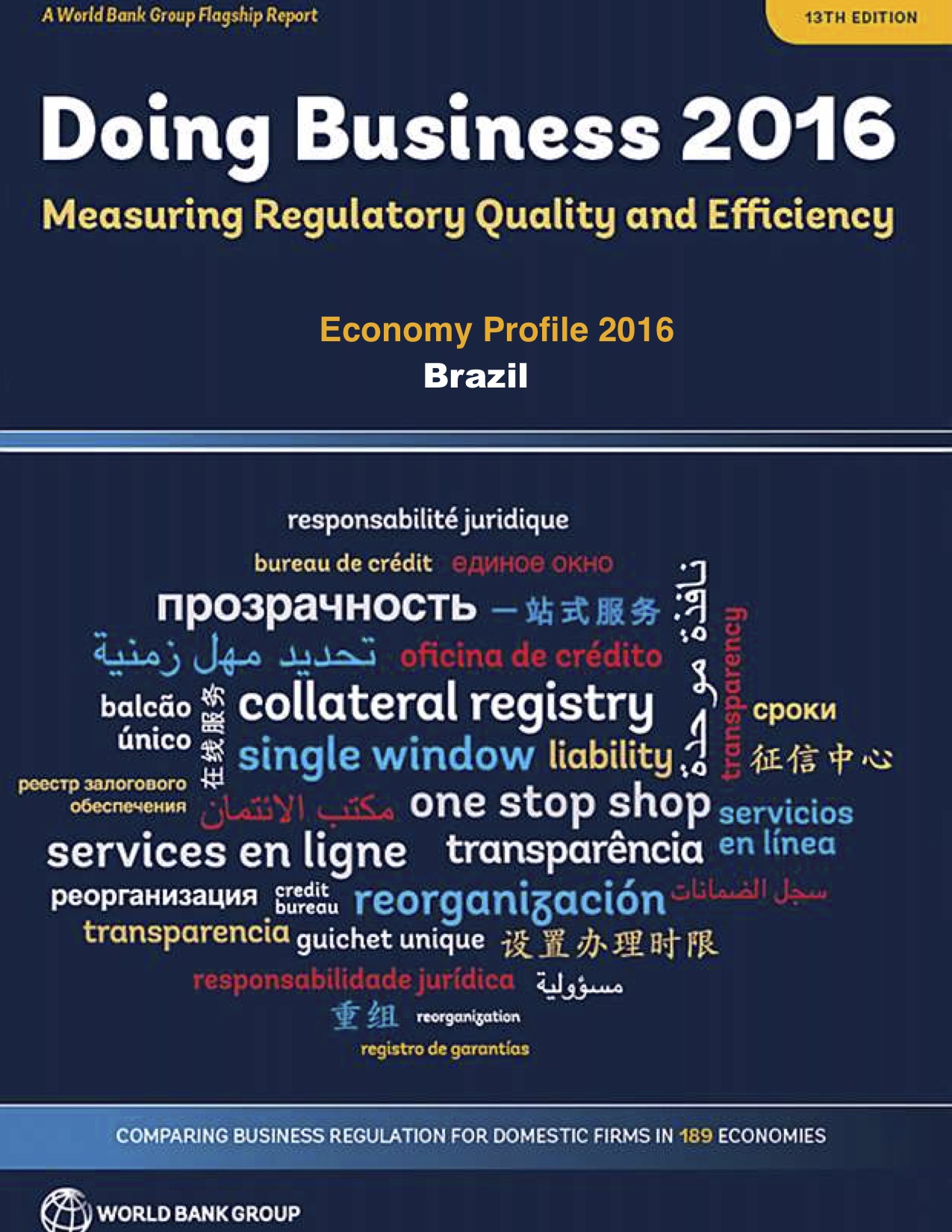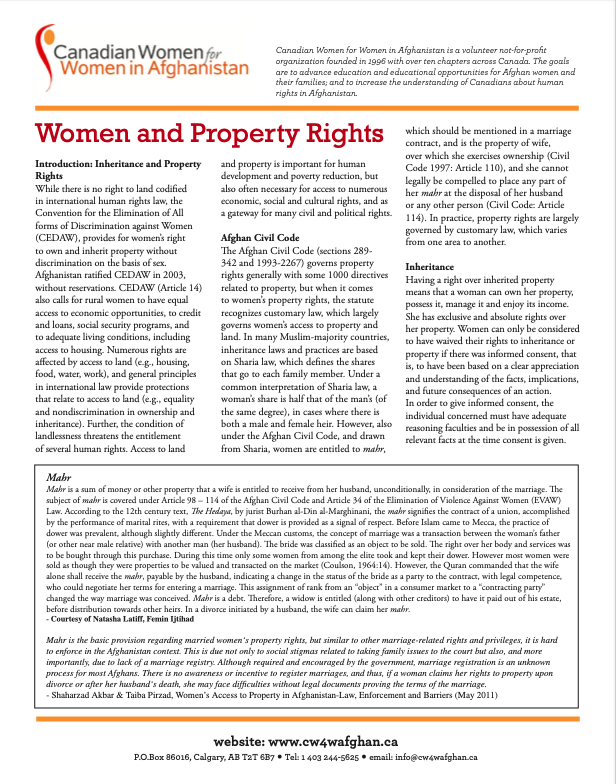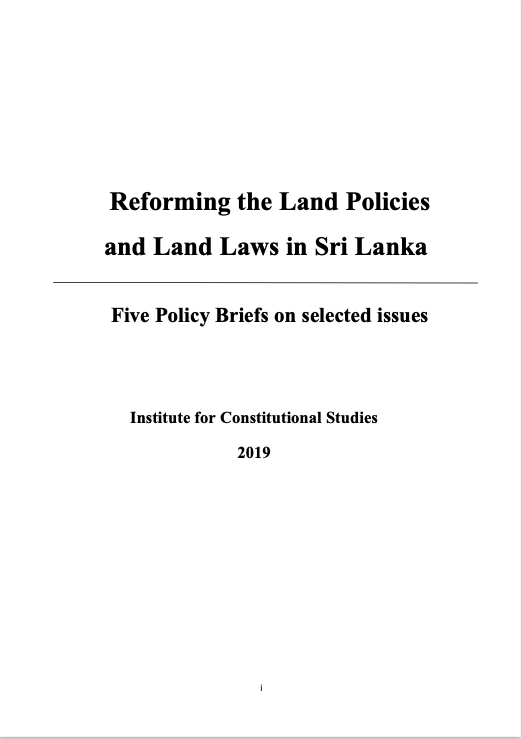property
AGROVOC URI: http://aims.fao.org/aos/agrovoc/c_13609
Doing Business Economy Profile 2016
Women and Property Rights
While there is no right to land codified in international human rights law, the Convention for the Elimination of All forms of Discrimination against Women (CEDAW), provides for women’s right to own and inherit property without discrimination on the basis of sex. Afghanistan ratified CEDAW in 2003, without reservations. CEDAW (Article 14) also calls for rural women to have equal access to economic opportunities, to credit and loans, social security programs, and to adequate living conditions, including access to housing.
The influence of religion and culture on women’s rights to property in Nigeria
The paper seeks to establish the role of religion and culture in the realization of women’s rights to property in Nigeria. It begins by affirming that protecting women’s rights to property in Nigeria is a fundamental step towards achieving the 5th Sustainable Development Goal of gender equality. The promotion and protection of these rights in any society are determined by several factors such as the customs, prevailing traditions, as well as the religious laws that control behavioral patterns in that society.
The Amazon Forest Preservation by Clarifying Property Rights and Potential Conflicts: How Experiments Using Fit-for-Purpose Can Help
The burning and the deforestation of the Brazilian Amazon forest, which has been recently highlighted by the international press and occurs mostly on public or undesignated land, calls for an in-depth examination. This has traditionally been the main way to grab land, speculate, and simultaneously prove ownership by its occupation. The absence of mapping, registration, and an effective regulation of land property in Brazil, particularly in the Amazon, plays an important role in its deforestation.
Centrality of land and real estate dynamics in China through the prism of the Developmental State Centralité du foncier et dynamiques immobilières en Chine au prisme de l’Etat Développeur
This paper engages in a discussion between regulationists and urban scientists with the aim of bringing awareness ofthe growing role of property markets as drivers of contemporaneous capitalist regimes — a dimension that has notbeen given proper consideration by the French Regulation School. The case of China exemplifies the centrality of landin macroeconomic dynamics. The paper explores this centrality trough the prism of the Development State (DS), aframework that sets China's experience in the broader context of Northeast Asia.
Reclaiming the Commons
Urban agriculture has been theorized by social scientists, and even some urban growers, as a means of reclaiming the commons. But what does “reclaiming the commons” entail? A longue-durée genealogy reveals distinct socio-legal imaginations of the commons and visions of how it might be reclaimed. Social thinkers and reformers have split over how to address the key problem of private property identified by John Locke: landless people who can’t find paid employment.
Property rights in a very poor country : tenure insecurity and investment in Ethiopia
This paper provides evidence from one of the poorest countries of the world that the property rights matter for efficiency, investment, and growth. With all land state-owned, the threat of land redistribution never appears far off the agenda. Land rental and leasing have been made legal, but transfer rights remain restricted and the perception of continuing tenure insecurity remains quite strong. Using a unique panel data set, this study investigates whether transfer rights and tenure insecurity affect household investment decisions, focusing on trees and shrubs.
Collective versus Individual Property: Tenure Security and Forest Tenure Reforms in China
This study assesses the determinants of forest land allocation to households in the forest tenure reforms in China in the period 1980-2005 using data from three provinces in Southern China; Fujian, Jiang Xi and Yunnan. Furthermore, it assesses the current level of tenure security on forest land and how this tenure security is affected by past and more recent policy changes.
Identification of Property Boundaries Using an IFC-Based Cadastral Database
Property boundaries have a significant importance in cadaster as they define the legal extent of the ownership rights. Among 3D data models, Industry Foundation Class (IFC) provides the potential capabilities for modelling property boundaries in a 3D environment. In some jurisdictions, such as Victoria, Australia, some property boundaries are assigned to the faces of building elements which are modelled as solids in IFC. In order to retrieve these property boundaries, boundary identification analysis should be performed, and faces of building elements should be extracted.
Reforming the Land Policies and Land Laws in Sri Lanka
Institute for Constitutional Studies (ICS) commissioned a study on Key Land Laws in Sri Lanka during 2017-2018 in order to identify the priority areas for which the attention of policy makers and the administrators is required. These policy briefs are prepared focusing on the five important areas identified by that study.





